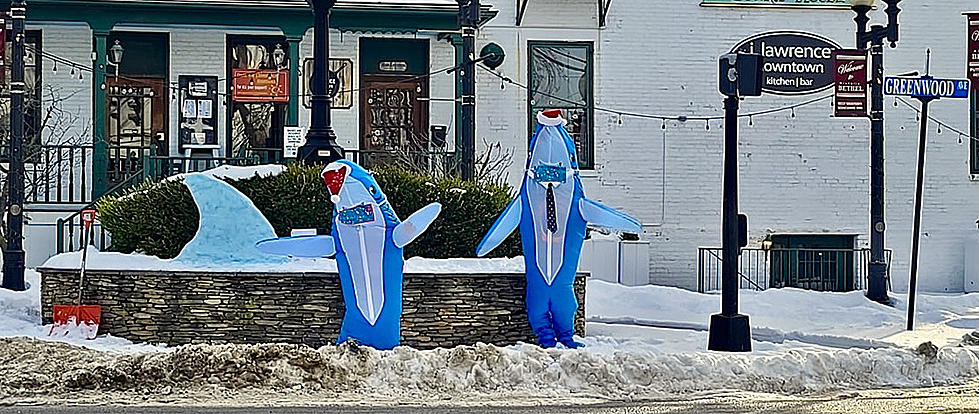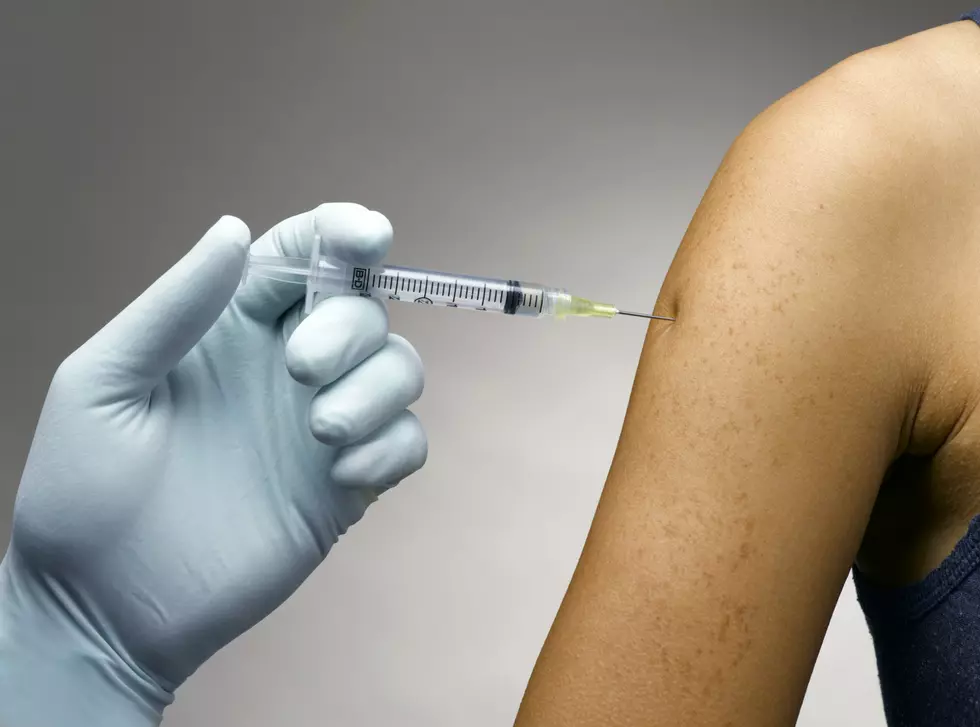
Why Are Women Seeing More COVID Vaccine Side Effects, Top Doctor Responds
When you need to know what's happening with the coronavirus, join KICKS 105.5 every Thursday morning. Dr. Rajeev Fernando answers your COVID-19 questions.
Dr. Rajeev Fernando is one of New York's Top Infectious Disease Specialists and this week he discusses why women are seeing more COVID-19 side effects then men. He also talks about how long the vaccine will offer protection, and does it help to hold your breath when walking past someone who's not wearing a mask?

I want to pick up on a text you had sent me about women who got the vaccine getting more side effects than men. What's up with that?
"Historically this is always the way it's been. We've seen it with influenza, we've seen it with the MMR. Women actually have more side effects than men with these type of vaccines, which actually may be a good sign. Remember, when you have side effects after a vaccine, it indicates a robust response to a vaccine. Women actually make a higher quality of antibodies as well, so their immune system reacts better, however there are many factors that come into play. Estrogen is usually pro immune system, where as testosterone is a little bit of a downer. These are some of the reasons I think women have more side effects than men. Also, looking at some of the other studies, 48 percent of cases where there were life threatening allergies, which we call anaphylaxis, out of that 48 percent women account for about 44 percent. One thing that may skew the statistics, however I really don't think it's as significant as we've discussed, but men tend to brush off symptoms, and that's not included in this data, but we have to look at all areas and all the differentials."
"Here's a question from Marilynn in Danbury. She wants to know how long the COVID-19 vaccine lasts overall after you get your required doses?
"In general, we're looking at about a year of protection. The final numbers aren't out, but the information we do have are numbers that have been performed with just this vaccine, and they have only been out for a few months, so it hasn't even been studied for a year. Professionally speaking, from what I've seen so far, I would say anywhere from nine months to a year. There are a numbers of factors, what you need to do is stop, pause, and then assess if they still have antibodies. It's quite possible that this could become a yearly COVID-19 vaccine."
Here's an interesting question from Branden in Patterson. He wants to know if holding your breath while walking past someone who's not wearing a mask will help you avoid the virus?
"That's actually a good question, however there's no science on that unfortunately, but theoretically it's possible. I would not bank on that as a way to stay protected, it's just not scientifically proven to work".
READ ON: See the States Where People Live the Longest
More From The Wolf









